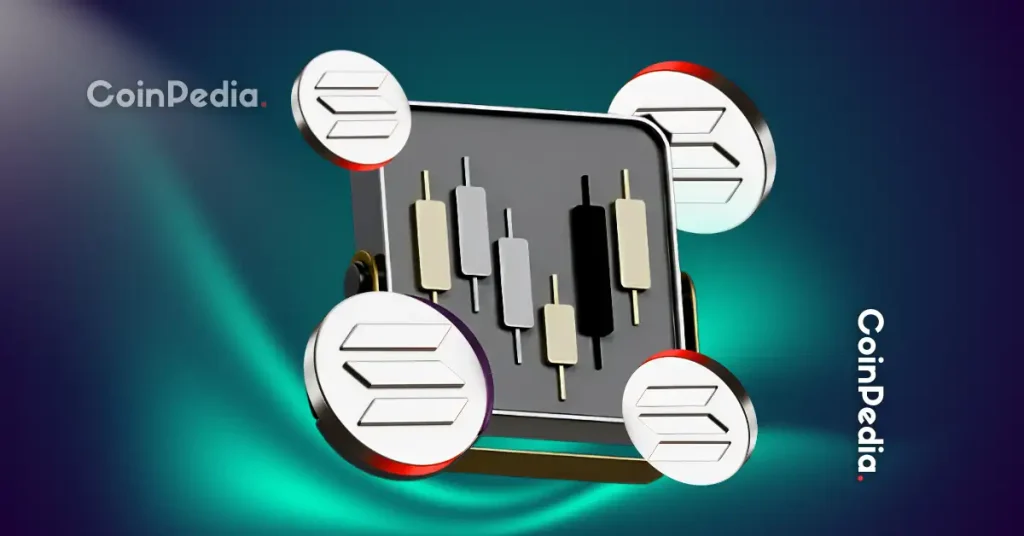
Binance, the world’s largest cryptocurrency exchange, is once again accessible in Venezuela after a sudden ban by the government-owned telecommunications provider, Cantv, was lifted.
The ban, which lasted for over 72 hours, disrupted access to the platform, affecting countless cryptocurrency traders and businesses in a country where cryptocurrencies play a crucial role in the economy.
The blockade was first reported by VE Sin Filtro, a Venezuelan NGO, which noted that Cantv had blocked several websites, including Binance and Mercado Libre, by targeting the sub-domain service provided by CloudFront.net.
This action, amid Venezuela’s ongoing political turbulence, caused significant interruptions for users who depend on these platforms for financial transactions and business operations.
The lifting of this ban is a relief for Venezuelan users, who had resorted to using virtual private networks (VPNs) to bypass the restrictions and continue their activities on Binance.
The platform is vital for facilitating Bitcoin transactions, which are increasingly important in a country struggling with economic instability and hyperinflation.
Access restored, but not for all
According to local reports, the blockade has been lifted across major telecommunications providers in Venezuela, including Cantv, Movistar, and Digitel, allowing users to access Binance’s services without restrictions.
This restoration means that Venezuelan users can once again fully utilize Binance’s peer-to-peer (P2P) services, including staking, sending, receiving, and transferring cryptocurrencies.
However, the situation remains inconsistent across the country.
Full Data, an internet service provider in western Venezuela, continues to experience issues, with users reporting error messages when trying to access Binance.
Limiting the flow of information?
The temporary blockade of Binance in Venezuela is part of a broader pattern of increased government control over internet access.
The Venezuelan government has recently restricted access to various websites, including the social media platform X (formerly Twitter), in effort to exert control over online content and platforms.
These actions are seen as part of a strategy to limit the flow of information and tighten governmental control during periods of political unrest.
Despite the recent lift on the Binance ban, the broader trend of internet censorship in Venezuela remains a significant concern.
The country’s reliance on cryptocurrency platforms like Binance makes unrestricted access vital for many individuals and businesses.
The restoration of access to Binance, while a positive development, does not eliminate the risk of future restrictions as the government continues to navigate its control over the digital landscape.
According to VE Sin Filtro, the blockade was implemented through a DNS block on CloudFront, a major content distribution network (CDN) used by high-traffic websites to optimize performance.
The true intent behind Cantv’s decision to block these digital services remains unclear, but the action has raised alarms about the potential for increased censorship in the future.
For now, cryptocurrency enthusiasts and traders in Venezuela can breathe a sigh of relief as they regain access to Binance, a key platform in the country’s digital asset market.
However, the situation highlights the fragile nature of internet freedom in Venezuela and the ongoing challenges faced by those relying on digital platforms in an increasingly restrictive environment.
The post Binance restored in Venezuela after temporary ban amid political unrest appeared first on Invezz















 English (US) ·
English (US) ·